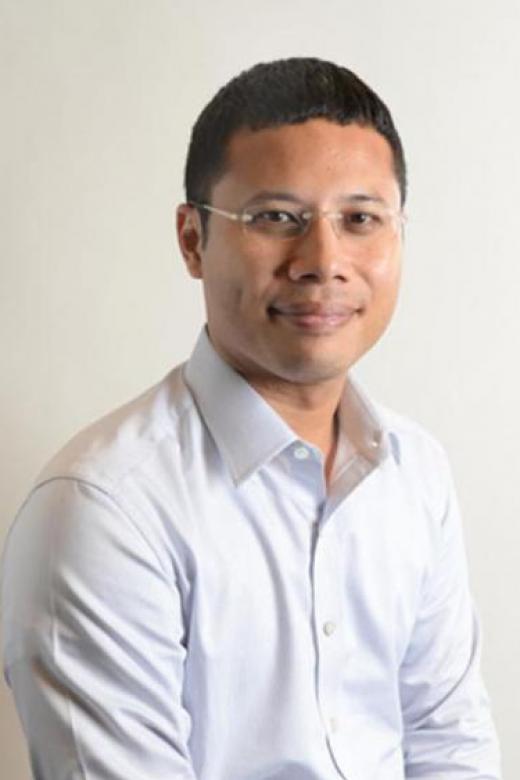More seniors getting financial aid
Ageing population leading to more of the elderly seeking monetary assistance from the Government
In tandem with our ageing population, the number of the elderly seeking monetary aid from the Government has gone up over the past five years.
In particular, those on short-to-medium-term assistance almost doubled - a trend that mirrors our ageing population, said the Ministry of Social and Family Development (MSF).
These trends for the financial year ending in March were released in a report yesterday by the MSF.
Last year, social assistance payouts hit close to $130 million - a dip from 2015 but a 23 per cent rise from five years ago.
The money came from the Community Care (ComCare) Endowment Fund, set up by the Government in 2005 to help needy families get back on their feet.
ComCare is a key social safety net for low-income Singaporeans and provides three broad types of assistance:
- long-term help, largely for the elderly poor
- interim and short- to medium-term help for those facing crises, such as illness or retrenchment, and
- student care subsidies for children.
Generally, more households have been assisted on all ComCare schemes, with a slight decrease in those on short- to medium-term help last year.
The full network of 24 social service offices (SSOs) completed in 2015 could have stabilised the number of such households, said MSF.
In line with shrinking family sizes and an ageing population, the number of those aged 60 and above on financial aid shot up last year, compared with five years ago.
The number of elderly people given short- to medium-term help rose about 74 per cent while those given long-term help rose 26 per cent.
Households on short- to medium-help were also increasingly headed by those who were not working - most were either ill or retired.
Minister for Social and Family Development Desmond Lee attributed the general increase in payouts to awareness and accessibility to ComCare assistance, which were enhanced by the SSOs in the community.
"Even as the Government has stepped up to help those in need, not just through ComCare but also through many other layers of assistance, these individuals and their households also need greater support from their families and the community," he said.
Dr Walter Theseira, an economist from the Singapore University of Social Sciences, said access and availability to social assistance is likely to improve, as we are a relatively well-off society with a low tax burden.
The fact that more Singaporeans are seeking financial help does not indicate waning self-reliance, he added.
"Some families are just not able to rely on themselves or family resources at key periods in their lives - such as when household members fall ill, or lose their jobs.
"Self-reliance cannot magically make resources appear out of nowhere, and as a relatively rich society, we should not let families suffer needlessly.
"That said, on average, Singaporeans expect that the ultimate goal should be to uplift families out of poverty rather than sustain them through transfers, so we should continue to combine ComCare with assistance to prepare for and find jobs," he said.
Get The New Paper on your phone with the free TNP app. Download from the Apple App Store or Google Play Store now



